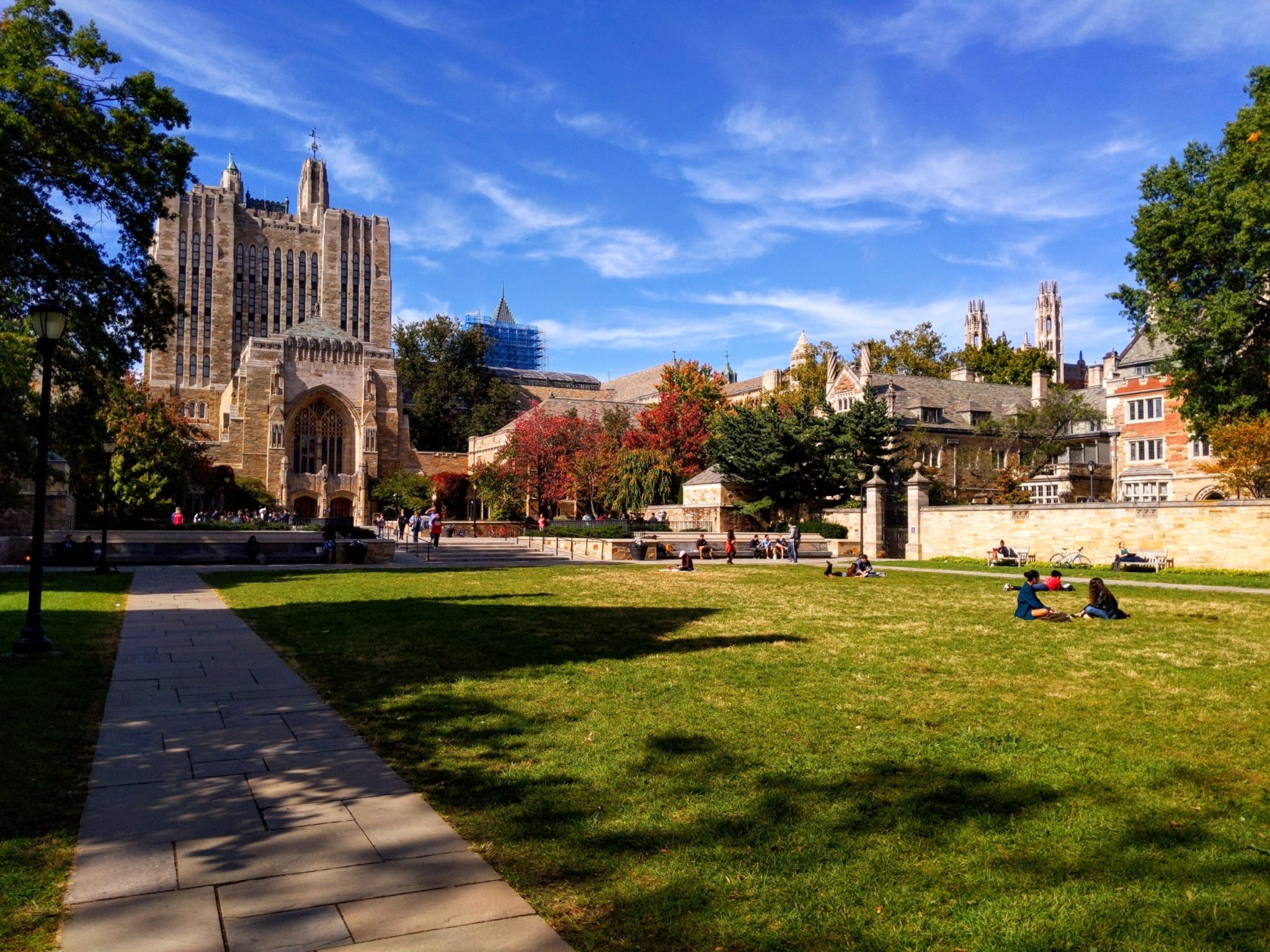
Amay Tewari, Photo Editor
A processing problem at the primary lab in charge of Yale’s asymptomatic COVID-19 testing has delayed test results as students prepare to depart campus for the semester.
In an email sent on Friday afternoon, Madeline Wilson, chief quality officer for Yale Health and chair of the Yale COVID-19 Testing and Tracing Committee, informed the Yale community of an issue with the lab in charge of Yale’s COVID-19 testing that has led to delays in result times. The delays come as the in-residence portion of the semester concludes on Nov. 21 and students depart campus for Thanksgiving recess.
“We learned from our primary lab, Broad Institute, that there was a problem with their processing of COVID samples on Wednesday night,” Wilson wrote in her email. “In order to fix the problem, they temporarily shut down processing. They have since resumed processing samples but there will be a delay in resulting while they work down the backlog.”
Wilson explained in her email to the community that people should expect that tests performed between Nov. 18 and Nov. 20 may take 36 to 48 hours to return, which may extend through the weekend. According to Wilson, until this week, results have typically been back within 20 hours. She also estimated that between 6,000 and 7,000 tests will experience delays because of this error, but because Yale does not know when the Broad Institute will catch up on the backlog, the true number could vary.
The Broad Institute did not immediately respond to a request for comment.
However, Wilson also noted that “there is no concern about the quality or integrity of the tests that are delayed.”
In an email to the News, Wilson explained that this was the first time Yale has had an issue of this nature with the Broad Institute.
“In this case, this is what we heard from the lab: ‘We observed a set of samples not meeting our quality control checks during our standard data and quality review procedures. This indicated that a reagent or piece of instrumentation in the process was compromising the quality of the process, so we immediately halted sample processing while a root cause analysis was initiated,’” Wilson wrote to the News.
As Thanksgiving recess begins on Nov. 21 and most students will travel home to complete the remainder of the semester — the last week of classes, reading week and finals period — remotely, this delay in resulting times may impact travel precautions given to members of the Yale community. In previous communications to the community, Wilson and other administrators strongly encouraged students to receive a negative test within 72 hours of traveling and departing campus.
In her Friday email, Wilson stressed that if travel plans or the closing of Yale’s on-campus housing require members of the Yale community to travel while test results are pending, it is “more important than ever” that they adhere to public health protocols while waiting to receive their test results.
Wilson urged students who are traveling home to follow all mask and social distancing recommendations to protect their families and others they encounter in their travels. She also informed students of new guidance from the Connecticut Department of Public Health. The recommendations, issued on Nov. 19, recommend that all students who travel home should quarantine away from their family for two weeks before “mingling or socializing with family members in their home environment.”
“At a minimum, you should quarantine, whether at Yale or at home, until you receive a negative test result from your most recent test,” Wilson wrote.
As of Nov. 20, the Yale COVID-19 dashboard reflects 251 positive cases since Aug. 1.
Julia Bialek | julia.bialek@yale.edu
Update, Nov. 20 4:10 p.m.: This story has been updated to include more information from Wilson about the size and scope of the problem at the Broad Institute.







